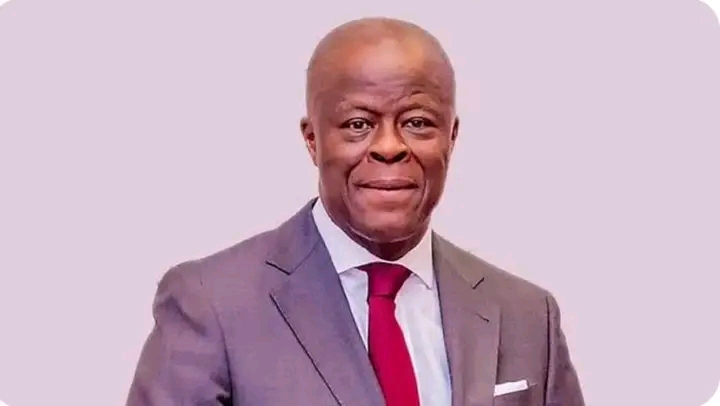The Nigerian Government anticipates a loan of approximately $2.2 billion with a low interest rate from the World Bank, along with additional financial support from the African Development Bank (AfDB).
During a media session concluding Nigeria’s participation at the World Bank/IMF Spring Meetings in Washington DC, USA, Finance Minister Wale Edun made this announcement on Saturday.
Edun outlined various international financial contributions to Nigeria’s economy, including remittances from Nigerians abroad, foreign portfolio investments, and assistance from the World Bank and other global financial institutions.
“We’ve just been approved this week by the World Bank’s Board of Directors for a funding package totaling $2.25 billion, which is akin to a near-grant, with a moratorium of 10-20 years and an interest rate of about 1%,” he explained.
He also mentioned the prospect of low-interest budgetary aid from the AfDB and ongoing negotiations with international direct investors in numerous sectors.
To further attract foreign exchange into Nigeria, Edun mentioned plans to issue dollar-denominated bonds aimed at the Nigerian diaspora and those holding foreign currency savings within the country, with the intention to launch these bonds later in the year.
In addition, the Minister emphasized the fiscal sector’s initiatives to stimulate economic growth, which complement the recent monetary policy changes implemented by the Central Bank of Nigeria (CBN).
The Minister indicated that the issuance of government securities with interest rates aligned with the Central Bank of Nigeria’s (CBN) monetary policy rate (MPR) reflects a concerted effort between fiscal and monetary authorities to address inflation and encourage foreign exchange inflows.
He identified the agricultural sector as a key focus for the Bola Tinubu administration’s medium-term growth strategy. Initiatives in this sector include distributing fertilizers and seeds to lower food prices and improve food security.
Additionally, the Minister outlined several other initiatives:
1) Boosting power generation to approximately 6000 megawatts within the next six months.
2) Developing infrastructure, particularly housing, to facilitate access to low-interest mortgages for Nigerians.
3) Revitalizing the social investment program to better serve the needs of the populace.
4) Implementing a proposed economic stabilization plan to ensure sustainable growth and stability.
